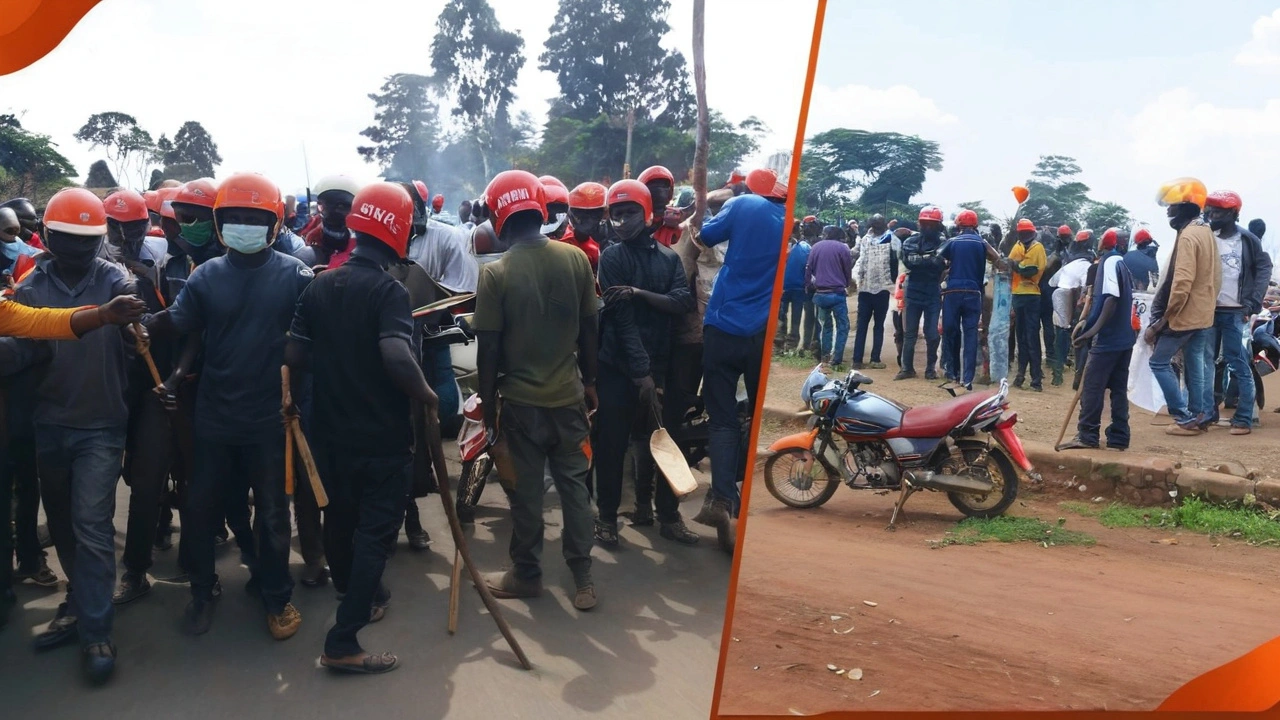Gen Z Protesters: Changing the Face of African Activism
Ever walked past a crowd of young people shouting for change and wondered what’s driving them? That’s Gen Z – a generation raised on smartphones, global news, and a sense that they can rewrite the rules. In Africa, these activists are not just scrolling; they’re hitting the streets, demanding better schools, cleaner air, and governments that actually listen.
Why Gen Z Is Different
First off, they grew up with instant access to information. A protest in Nairobi can be livestreamed, tweeted, and turned into a global conversation within minutes. That speed means they can organize flash mobs, coordinate protests across borders, and keep the pressure on leaders in real time. Second, many of them have faced the consequences of climate change, unemployment, and pandemic lockdowns first‑hand, so the issues aren’t abstract – they’re personal survival.
Key Movements Shaping the Continent
From the #EndSARS protests in Nigeria to South Africa’s #FeesMustFall rallies, Gen Z activists have shown they can spark nationwide dialogue. In Kenya, students have been marching for affordable education, while in Ghana, young climate warriors are demanding stricter emissions policies. These movements share a common thread: they use social media to amplify voices that were once ignored and push for concrete policy changes.
What’s striking is the diversity of tactics. Some groups prefer peaceful sit‑ins and art installations, while others adopt more confrontational approaches like road blockades. Regardless of strategy, the goal stays the same – get the spotlight on issues like corruption, gender violence, and economic inequality.
Another trend is the rise of cross‑national coalitions. A group of students from Tanzania might coordinate with peers in Uganda to stage a simultaneous protest on climate policy. This digital solidarity breaks down borders and makes it harder for any single government to dismiss the unrest as a local glitch.
For many Gen Z protesters, the fight isn’t just about a single demand; it’s about reshaping the whole system. They’re calling for participatory budgeting, transparent elections, and a justice system that protects rather than punishes. In doing so, they’re laying down a blueprint for a more inclusive future.
So, what can you do if you’re watching this from the sidelines? Support local youth organizations, share verified stories on your platforms, and don’t dismiss the anger as just “young kids being loud.” These protests are a sign of a generation refusing to accept the status quo.
Bottom line: Gen Z protesters are turning digital fluency into real‑world power. Their energy, tech‑savvy, and relentless demand for accountability are redefining activism across Africa. If the world wants lasting change, it’s time to listen to the voices that are already shaking the ground beneath us.

7
Aug
Tensions are escalating in Kapsabet, Nandi County, as goons allegedly hired by the local government patrol the streets, attacking Gen Z protesters. These demonstrators are protesting against the controversial Finance Bill 2024. With increasing violence, residents live in fear, questioning the government's role in suppressing democratic rights.
Read More
